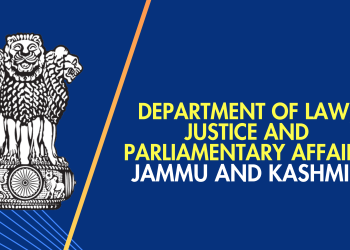A parliamentary panel has recommended retaining Section 497 of the Indian Penal Code (IPC), which pertains to adultery, in the proposed Bharatiya Nyaya Sanhita. This recommendation is contrary to the Supreme Court’s 2018 verdict that decriminalized adultery.
The panel proposes a revised adultery law that treats the offense as “gender-neutral,” holding both men and women equally accountable. The rationale behind this suggestion is to safeguard the “sacred institution of marriage.”
The Bharatiya Nyaya Samhita, a bill introduced by Union Home Minister Amit Shah in September, was the focal point of the panel’s report.
Highlighting gaps in the Sanhita’s draft, the panel noted the absence of provisions for non-consensual sexual offenses against males, females, transgender individuals, and bestiality. Despite the Supreme Court’s 2018 verdict deeming Section 377 of IPC unconstitutional based on certain constitutional articles, the panel highlighted that Section 377 still applies to non-consensual carnal intercourse with adults, all forms of such acts with minors, and bestiality.
Congress MP P Chidambaram expressed dissent, asserting that the government shouldn’t interfere in the lives of couples. He outlined three fundamental objections, including the claim that all three bills are primarily a duplication of existing laws.
The Bharatiya Nyaya Samhita is part of a trilogy aimed at replacing the Indian Penal Code, the Code of Criminal Procedure, and the Indian Evidence Act. It was referred to the Standing Committee on Home Affairs in August for further examination.





































